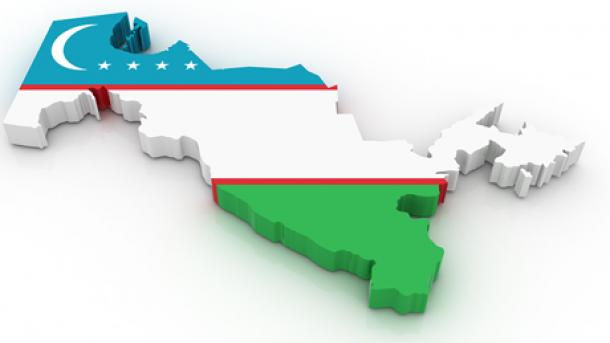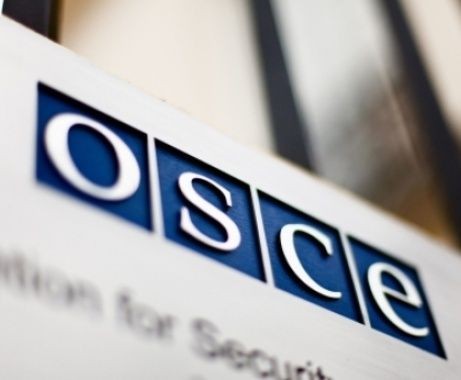Viewing results 1 - 6 of 132
TBILISI (TCA) — On December 20, 2019 Georgian authorities made a new proposal to the opposition on the electoral reform, in order to stabilize the situation. But opposition has rejected this proposal as too rigid. "Georgia is going to fall into an international isolation if the government would not agree to the principle of fair elections," declared the statement by the so called United Opposition. The authorities have proposed the system that would have 100 members of the parliament elected on the proportional system and 50 members on the majoritarian system. So the system would be changed — with two thirds elected by proportionate system, while maintaining the mixed system with one third majoritarians. According to this proposal these constitutional changes would be made not just for the year of 2020, but for good. And this proposal is absolutely unacceptable for the opposition at this point. The initiative by the ruling coalition was voiced by Chairman of the Parliament, Archil Talakvadze. Continue reading
TASHKENT (TCA) — The Uzbek Central Election Commission has announced preliminary results of the December 22 parliamentary elections in Uzbekistan, the first such vote since President Shavkat Mirziyoyev came to power nearly three years ago. Continue reading
TBILISI (TCA) — According to former EU and US Ambassadors to Georgia Denis Corboy, William Courtney, and Kenneth Yalowitz "Georgia’s status as a post-Soviet democratic leader is under challenge. A flawed presidential election, use of force against protesters, and political manipulations by the secretive billionaire who heads the ruling Georgian Dream Party have strained public confidence and brought mounting public protests. Domestic calm may hinge on improving political dialogue and conducting free and fair parliamentary elections in fall, 2020. Continue reading
KABUL (TCA) — Afghanistan President Ashraf Ghani appears set to win a second term after Afghan election officials announced he had won 50.6 percent of the preliminary vote count. Hawa Alam Nuristani, chairwoman of the Independent Election Commission, made the announcement at a press conference on December 22 in the capital, Kabul, RFE/RL reported. Continue reading
TASHKENT (TCA) — Human Rights Watch (HRW) says that after taking "some steps" toward reforming Uzbekistan, President Shavkat Mirziyoyev has not extended this "reform spirit" to this month’s parliamentary elections, RFE/RL reports. Continue reading
TASHKENT (TCA) — More than 50 observers from the OSCE Parliamentary Assembly are deploying to Uzbekistan for the 22 December parliamentary elections. It is the first time for the OSCE PA observing an election in the country, the OSCE PA said on December 13. Continue reading






